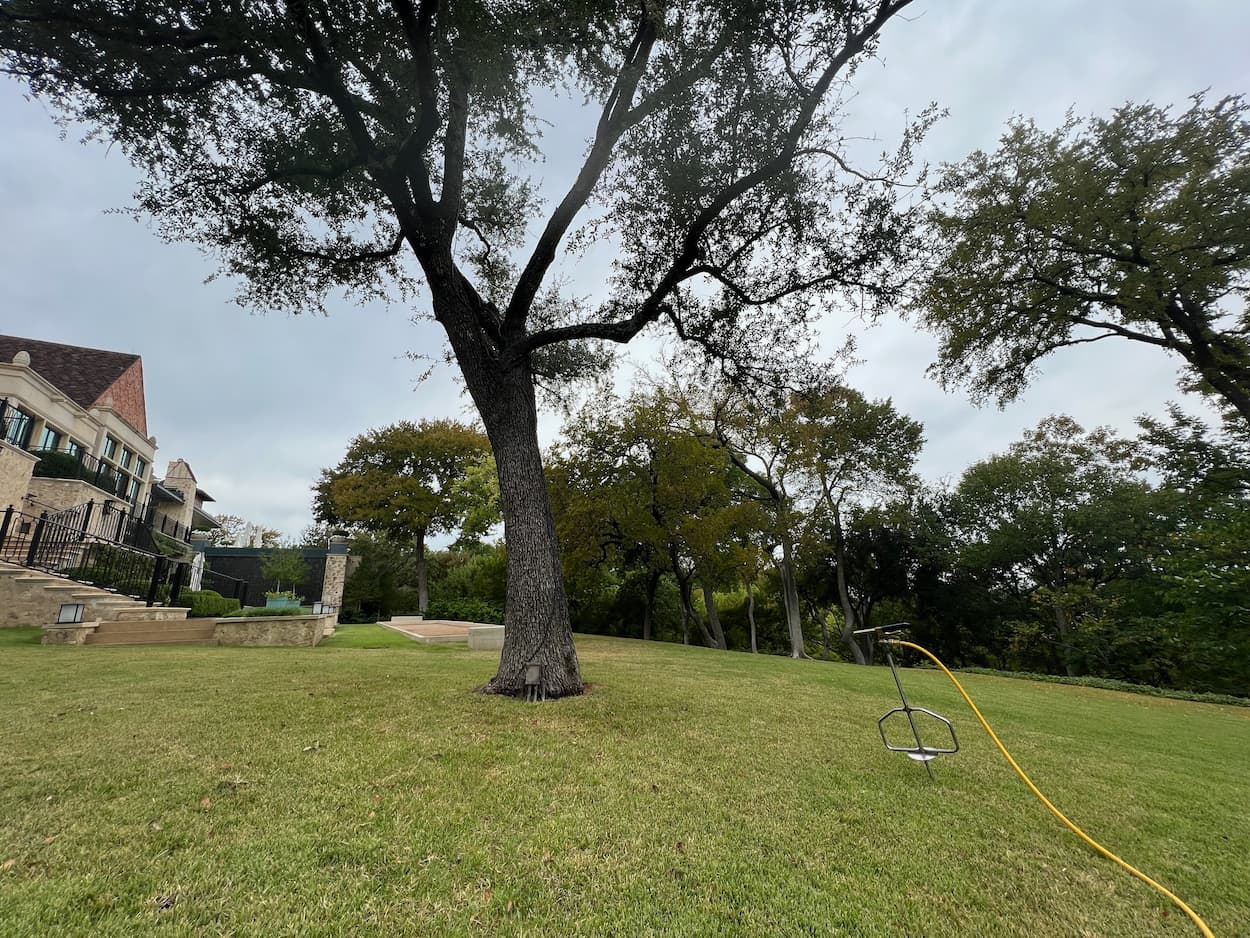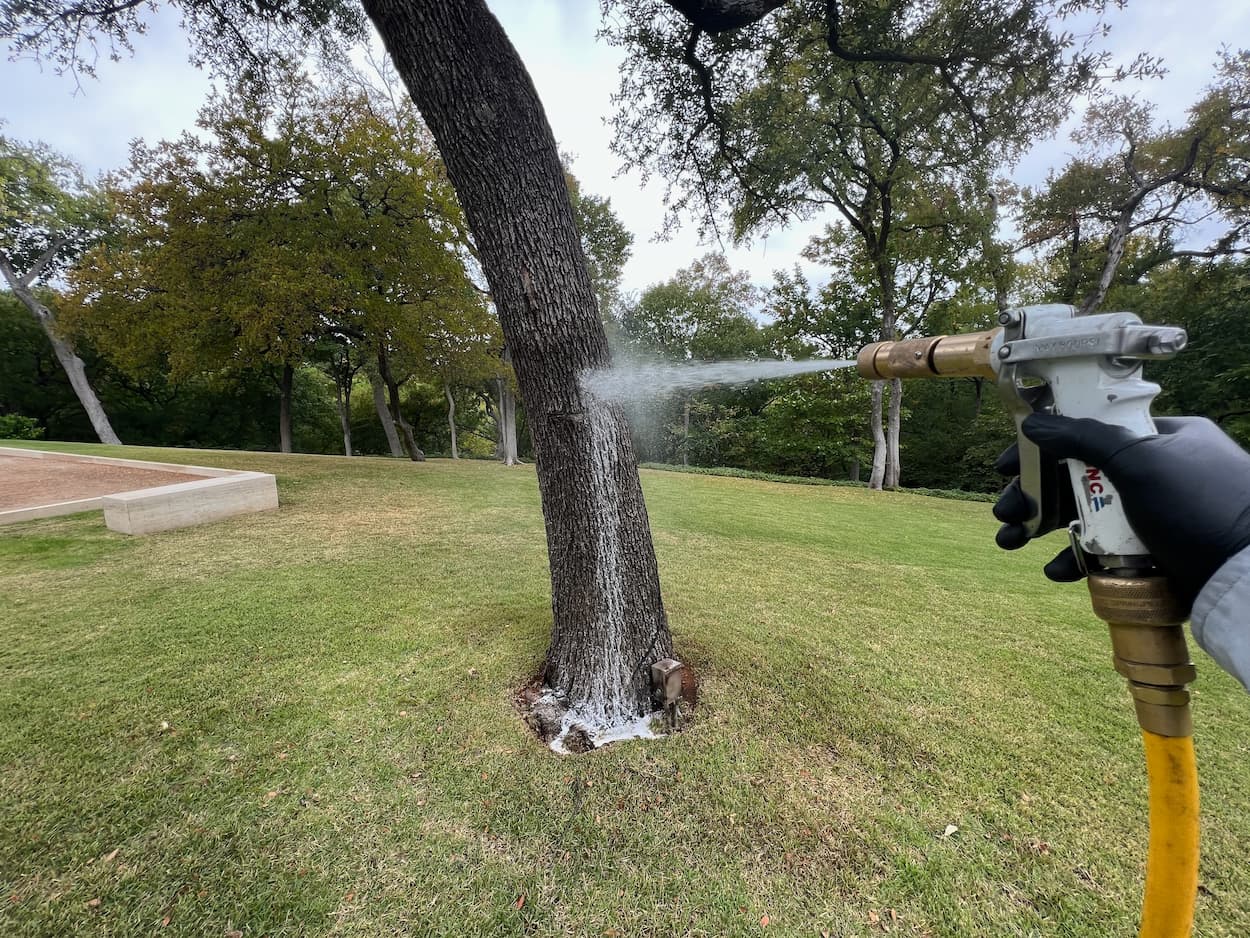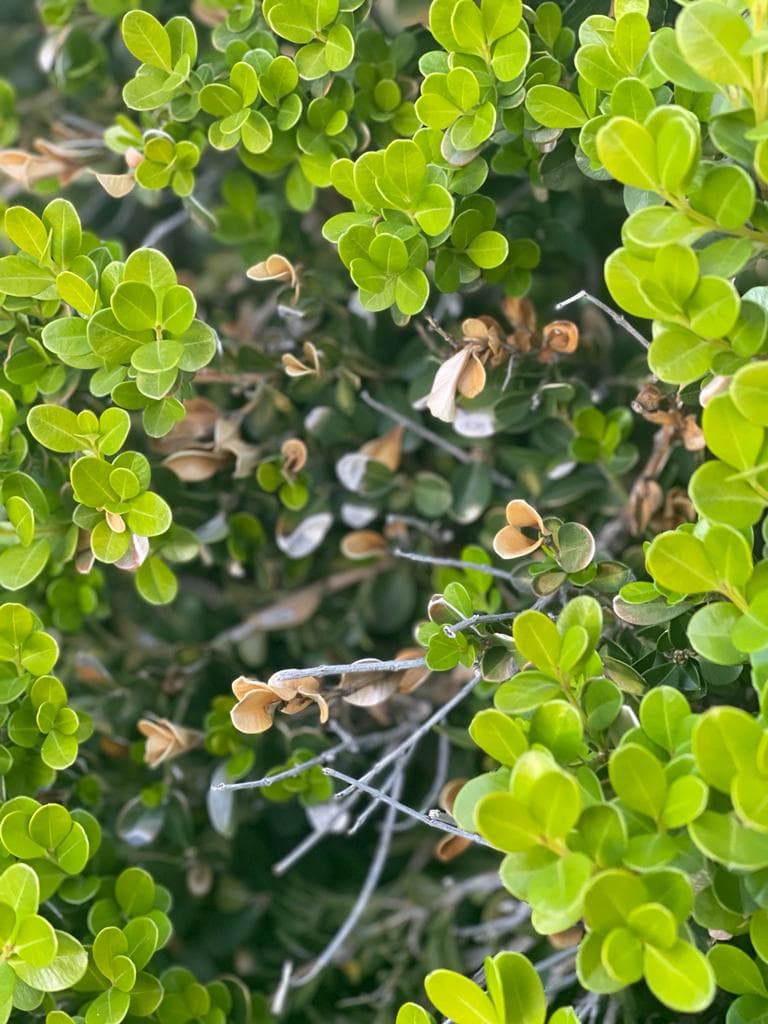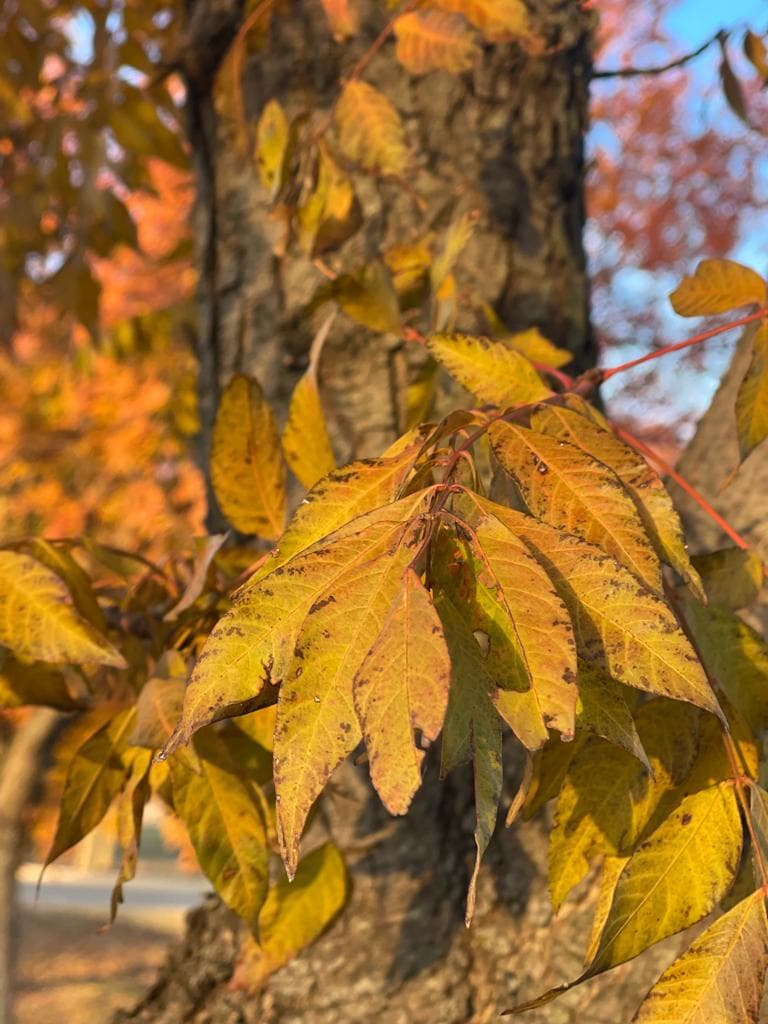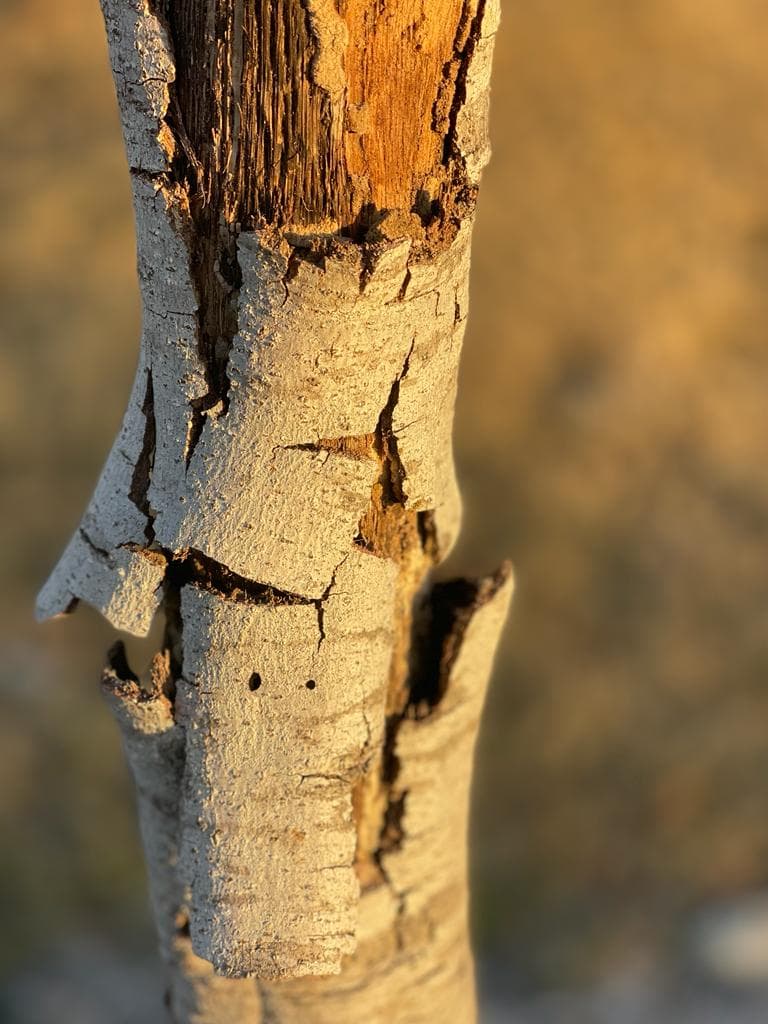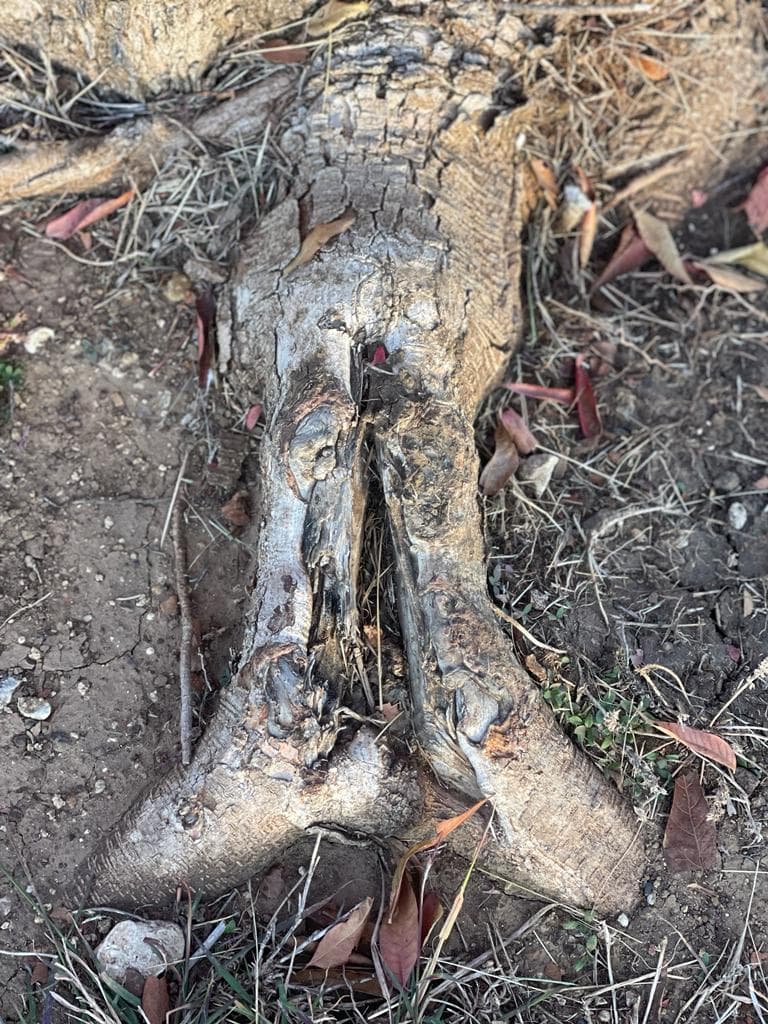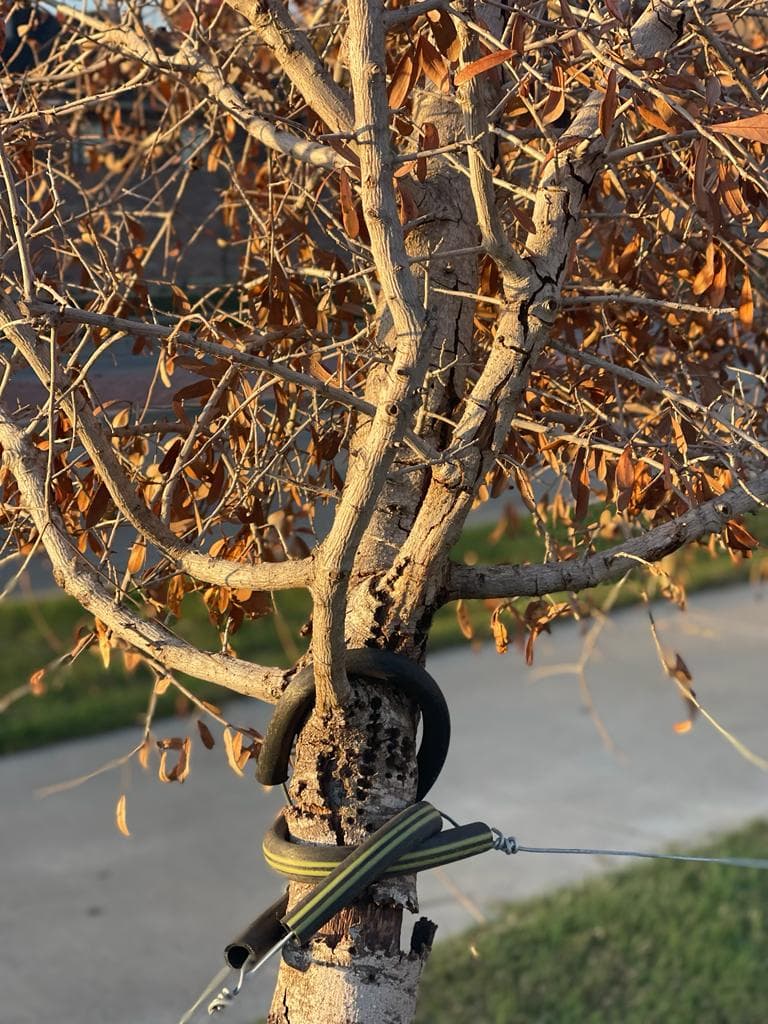Texas Shrubs & Tree Health Care Experts
Caring For Texas Shrubs & Trees Since 1990 Get A Free QuoteCall (817) 880-6130Tree & Shrub Pest Treatment Services in Colleyville, TX
Our ISA Certified Arborist Can Help Treat Your Trees and Shrubs From Pests in Colleyville, TX.
Arborist USA provides Tree & Shrub Pest Treatment Services in Colleyville, Texas, and the surrounding areas.
Colleyville, a charming city nestled within Texas, offers an array of beautiful trees and shrubs. However, these green sanctuaries can occasionally be threatened by various pests, which can wreak havoc on their health and growth. Therefore, it’s crucial to prioritize efficient tree and shrub pest treatments to uphold Colleyville’s lush green beauty.
In conclusion, safeguarding Colleyville’s green heritage calls for robust and strategic management of tree and shrub pests. By prioritizing timely and effective pest treatments, the city commits itself to the preservation and growth of its green spaces, thereby promoting overall environmental health and aesthetic appeal. Its endeavor to manage pests effectively sends a strong message about Colleyville’s pledge to embrace and protect nature.
If you are in need of Tree & Shrub Pest Treatment Services in Colleyville, TX, please get in touch with Arborist USA today by calling us at (817) 880-6130, your Tree & Shrub Disease Specialist.
Signs of a Sick Tree or Sick Shrub
- Dead Branches
- Yellowing Leaves
- Fungi or Decay
- Bark Falling Off
- Discolored or Rusted Leaves
- Dying Tree or Shrub
- Leaf Discoloration
- Root or Insect Damage
- Leaves look like they’re being eaten
- Bark is Peeling
- Holes in leaves
- Holes on Bark or Branches
- Stunted Growth
- Canopy Dieback
- Bark Abnormalities
- Wilting
Tree & Shrub Helpful Tips
1. Pest Varieties:
The inhabitants of Colleyville’s green canopies often have to grapple with destructive pests, including aphids, beetles, borers, caterpillars, mites, and scales. Identifying these pests early and initiating effective treatment can curtail their infestation and subsequent damage.
2. Spotting Infestation:
Indications of a pest infestation often comprise wilting or discolored leaves, abnormal leaf drop, anomalous bark patterns like holes, reduced growth rate, and instances of canopy dieback. Prompt detection of these symptoms can lead to early intervention and a higher likelihood of complete recovery.
3. Need for Immediate Treatment:
Prolonged delays in treating pest infestations can severely deteriorate the health of the plants, potentially leading to their death. Immediate treatment mitigates these risks and eliminates additional costs linked to removal and replacement.
4. Engaging Professional Services:
Professional pest treatment services are well-versed in accurately diagnosing pest species, formulating effective treatment plans, monitoring progress, and revising the plan as required, thus ensuring optimal results.
5. Methods of Treatment:
Treatment methods vary as per the specific pest and severity of infestation. Strategies may range from biological (use of natural predators), chemical (application of pesticides), cultural (adherence to proper tree care), to mechanical treatments (manual pest removal).
6. Preventive Measures Matters:
Focusing on preventing pest infestations is equally, if not more, important as treating them. Regular pruning, adequate watering, proper fertilization, enforcing plant diversity to discourage pest dominance, constitute beneficial preventive tactics.
7. Integrated Pest Management (IPM):
IPM, a comprehensive pest control approach incorporating multiple strategies, yields superior effectiveness with minimal environmental impact. It’s a highly recommended methodology for sustainable pest control.
8. Safeguarding Local Biodiversity:
Balancing effective pest control and preserving beneficial insects or local wildlife is essential. Experienced professional services can accomplish this intricate task seamlessly.
9. Community Involvement:
Residents’ involvement is critical to effective pest management. Quick identification of infestation signs, implementation of preventive care, and promptly seeking professional help, can substantially help in maintaining Colleyville’s green opulence.
10. Spreading Awareness:
Information dissemination about local pest types, infestation signs, and effective treatment strategies can empower citizens to actively contribute in protecting their city’s verdant environment.
If you’re concerned or have any further questions about our Tree & Shrub Pest Treatment Services in Colleyville, TX, or surrounding areas in North Texas, please call us at (817) 880-6130.
Tree & Shrub Pests
Listed below are common Tree & Shrub Pests found in Texas.
Aphids
A white soft body insect that creates a sticky "honey dew" structure on limbs or leaves, blocking nutrients.
Bagworms
Bagworms lay eggs that create small cone-shaped structures less than three inches in length.
Beetles
An invasive wood borer that is subject in all wood tissue that causes severe decline in trees health.
Gypsy Moth
A larva that boars into leaf structure that cause lesser of a foliation and decline in overall leaf structure.
Oak Gall
A growth deformity known as a "gall" commonly occur on oak trees subject to branches and other structures.
Termites
Termites, wood-destroying insect, eats away at all wood tissue, damaging the structures of the trees.
Twig Girdlers
Being a member of the long-horned beetle family, these girdlers are known to eat leaf and other tree areas.
Webworms
These caterpillars spin white webbing bag nests in tree branches and eat your tree foliage (leaves).
Certifications

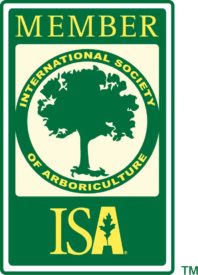

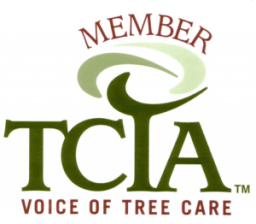
Our Reviews
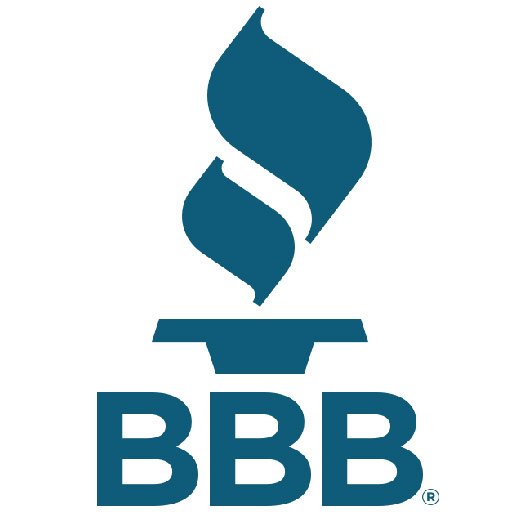
A+ BBB Rating based on 31 BBB Reviews
4.8/5.0 based on 83 Top Rated Local Reviews
4.6/5.0 based on 36 Facebook Reviews
4.0/5.0 based on 4 Trust Pilot Reviews

4.9/5.0 based on 90 Google Reviews
4.5/5.0 based on 13 Yelp Reviews
29 Recommendations on Nextdoor
Total Reviews: 286 ![]() Real Customer Reviews
Real Customer Reviews

